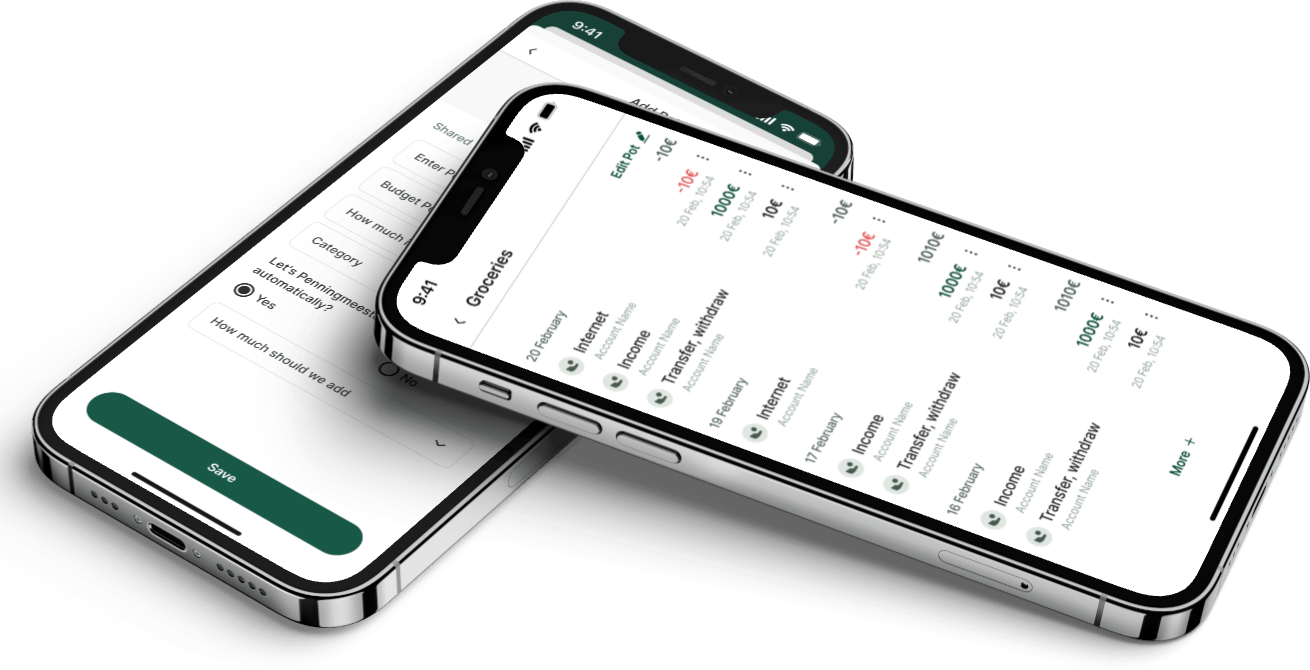Budgeting is often painted as the cornerstone of financial success. Create a plan, follow it, and watch your money grow. Yet for many, the reality is different. Budgets get abandoned within weeks, frustration sets in, and people conclude that budgeting simply does not work.
The truth is, don’t fail because of math, they fail because of mindset. People approach budgets with unrealistic expectations, rigid rules, or vague intentions that set them up for disappointment. By understanding common budgeting mistakes and how to fix them, you can create a system that supports your life instead of fighting against it.
Mistake 1: Being Too Rigid
Many first-time budgeters believe that a budget must be strict and inflexible. They assign exact amounts to every category and expect to follow them down to the last cent. The problem is that life rarely follows neat lines. An unplanned dinner, a car repair, or even a birthday gift can blow up a perfectly rigid budget.
How to fix it: Build flexibility into your budget. Add a “miscellaneous” pot for unexpected expenses, expenses you forgot to budget for and expenses you know you’ll have – like birthday gifts and small purchases for your house – but you don’t really want to create separate pots for. By leaving room for life’s curveballs, you reduce guilt and increase the odds of sticking with the plan.
Mistake 2: Making the Budget Too Vague
On the opposite end of the spectrum, some people create budgets that are far too vague. They write down “save more” or “spend less on food” without attaching numbers or strategies. Without specifics, there is no way to track progress or measure success.
How to fix it: Use clear, measurable categories. Instead of “spend less on food,” set a target like “limit dining out to €100 per month.” Instead of “save more,” try “transfer €150 to savings every paycheck.” Specific goals create accountability and clarity, which are essential for long-term success.
Sometimes you might not make the €150 in savings, but if you’re reading this and you get to €110 next month, there’s a good chance you’re already on the way up.
Mistake 3: Forgetting Irregular Expenses
One of the most overlooked budgeting mistakes is forgetting about irregular costs. Many people account for rent, groceries, and utilities, but forget annual car insurance, holiday shopping, or seasonal activities. When these costs arrive, they feel like budget failures.
How to fix it: List all recurring expenses, both monthly and yearly. Break down annual costs into monthly amounts and include them in your budget. For example, if holiday spending is €600, set aside €50 each month. This approach smooths out the financial bumps and makes your budget more realistic.
Mistake 4: Thinking Budgets Are About Restriction
A common budgeting myth is that a budget is about saying “no” to everything fun. Many abandon budgets because they feel like punishments, not tools. This negative mindset leads to rebellion and overspending.
How to fix it: Reframe budgeting as a tool for freedom, not restriction. A budget helps you say “yes” to what matters most, whether that is a vacation, a new home, or peace of mind. Include categories for fun money, hobbies, or dining out. When you allow enjoyment within your budget, you are more likely to stick with it.
Mistake 5: Setting Unrealistic Expectations
New budgeters often aim too high, setting savings or debt repayment targets that are simply unsustainable. When they inevitably fall short, they feel like failures and give up entirely.
How to fix it: Start small and build momentum. If you can save only €50 a month, start there. Small wins create motivation and confidence, which compound over time. As your income grows or your spending habits improve, you can increase your goals.
Mistake 6: Ignoring the Budget
Many people create a budget once and then forget about it. But if you don’t check it when you want to buy something, it won’t do you a lot of good. And remember that your budget isn’t static. Life changes, and so should your budget. A budget that worked six months ago might not work today. Without regular reviews, you risk drifting off course.
How to fix it: Check your budget before buying something and schedule quarterly budget reviews. Check your progress, note where you overspent, and adjust pots , or move some money from one pot to another. Budgeting is not a static plan, it is a living document that evolves with your life.
Mistake 7: Adopting the wrong Mindset
Numbers matter, but mindset matters more. Some people view budgets as chores, while others see them as reminders of past financial mistakes. Negative emotions can sabotage even the best plan.
How to fix it: Approach budgeting with curiosity, not judgment. Use mistakes as learning opportunities instead of reasons to quit. Celebrate small wins and remind yourself that budgeting is about progress, not perfection. A supportive budgeting mindset is often the missing ingredient in lasting success.
A Simple Budgeting Checklist for Beginners
To help you avoid these common budgeting mistakes, use this quick checklist:
Set a clear monthly budget with realistic numbers.
- Include irregular and seasonal expenses.
- Allow for flexibility in categories.
- Make goals specific and measurable.
- Include fun money to prevent burnout.
- Review and adjust your budget monthly.
- Focus on progress, not perfection.
This budgeting tips for beginners checklist keeps you grounded and makes budgeting feel like a tool, not a trap.
Final Thoughts: Why Budgets Fail and How to Succeed
Most people do not fail at budgeting because they cannot do math, they fail because of mindset and unrealistic approaches. Being too rigid, too vague, or too idealistic sets you up for frustration. By avoiding these pitfalls and making simple shifts, you can transform budgeting from a burden into a powerful ally.
The next time you feel like giving up, remember this: your budget should work for you, not against you. With a realistic plan, a positive mindset, and regular adjustments, budgeting becomes less about restriction and more about building the life you actually want.
That is the real secret to fixing what most people get wrong about budgeting.





